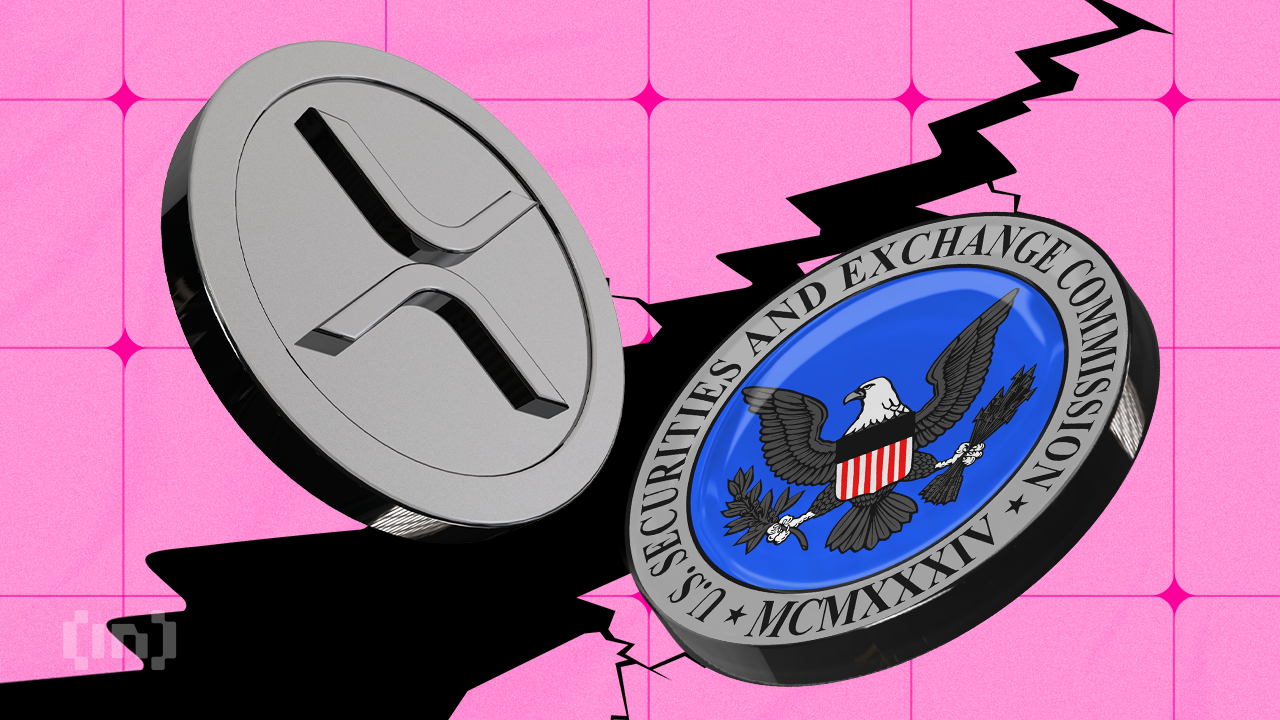IBIT, BlackRock’s Bitcoin ETF, is now the company’s best product in this asset category by fee revenue. It generates $186 million in fees per year, surpassing IVV, an ETF based on the S&P 500, by $3 million.
Still, IBIT and IVV are similar in another way, as the BTC ETF is almost as volatile as the S&P 500. IBIT’s volatility has cratered alongside Bitcoin, raising concerns about the possibility of future breakout crypto successes.
BlackRock’s Bitcoin ETF Trading Fees Break Records
Immediately after BlackRock launched IBIT, its Bitcoin ETF, the asset proved to be a tremendous success. Within less than a year, industry experts hailed it as the “greatest launch in ETF history,” surpassing speed records that had stood for decades.
Today, analyst Nate Geraci pointed out another victory, as it’s now BlackRock’s best ETF for trading fee revenue:
In other words, BlackRock is getting more activity on a Bitcoin ETF than one based on the traditional stock market. This marks a slow and steady accomplishment, yet undeniably an impressive one.
Despite a few recent setbacks for Bitcoin, IBIT has been a particular ETF leader. While the asset class saw mixed sentiment in May, IBIT posted gains, and it led the pack when fresh inflows poured in this month.
Although BlackRock has recently displayed interest in altcoin accumulation, its BTC purchases reveal a continued focus on IBIT.
Still, there are a few lingering concerns. IBIT performs better than IVV, BlackRock’s S&P 500 ETF, in fee revenue, but they’re converging in another respect. ETF analyst Eric Balchunas noted today that IBIT has nearly identical volatility to IVV.
A year ago, it was 5.7x as volatile, which helped power its record-breaking growth rate.

Granted, the entire Bitcoin ETF sector has been losing volatility for months alongside BTC itself. In this context, BlackRock’s IBIT is merely a trendsetter, not an outlier. This phenomenon also contains disadvantages.
To put it simply, ETF issuers and other corporations are substantially moving the crypto market with these inflows. Some experts are worried that this capital is permanently disrupting long-established Bitcoin trends.
Since the ETFs were approved, the price of BTC hasn’t fallen below its valuation at the time.
That kind of performance is simply unprecedented, especially for a famously volatile asset. We’ve seen a halving, recession fears, and political blowback on the whole industry, but this only caused minor crashes.
Today, BlackRock’s IBIT isn’t breaking records for phenomenal growth, only for trading fees. Could it ever replicate its early success in today’s market?
The post IBIT Becomes BlackRock’s Biggest ETF by Fee Revenues appeared first on BeInCrypto.



